On a Thursday evening, Arsenal’s Emirates Stadium concourse was bursting with life, teenagers doing tricks in rollerskates, young kids marvelling at the Thierry Henry statue and a running club in fluorescent yellow tops banking their laps.
Participation in running clubs increased by 59% globally in 2024, according to a survey done by the fitness app Strava, and for many it’s a new and healthy way to make friends.
However, running is often associated as an able-bodied activity and from personal experience of having a physical disability, the rise in running clubs’ popularity felt isolating.
This running club was different, however, as every member was partially-sighted or blind and had a guide.
This is the work of Achilles London, the UK chapter of the global running charity Achilles International, set up by Chris Blackabee.
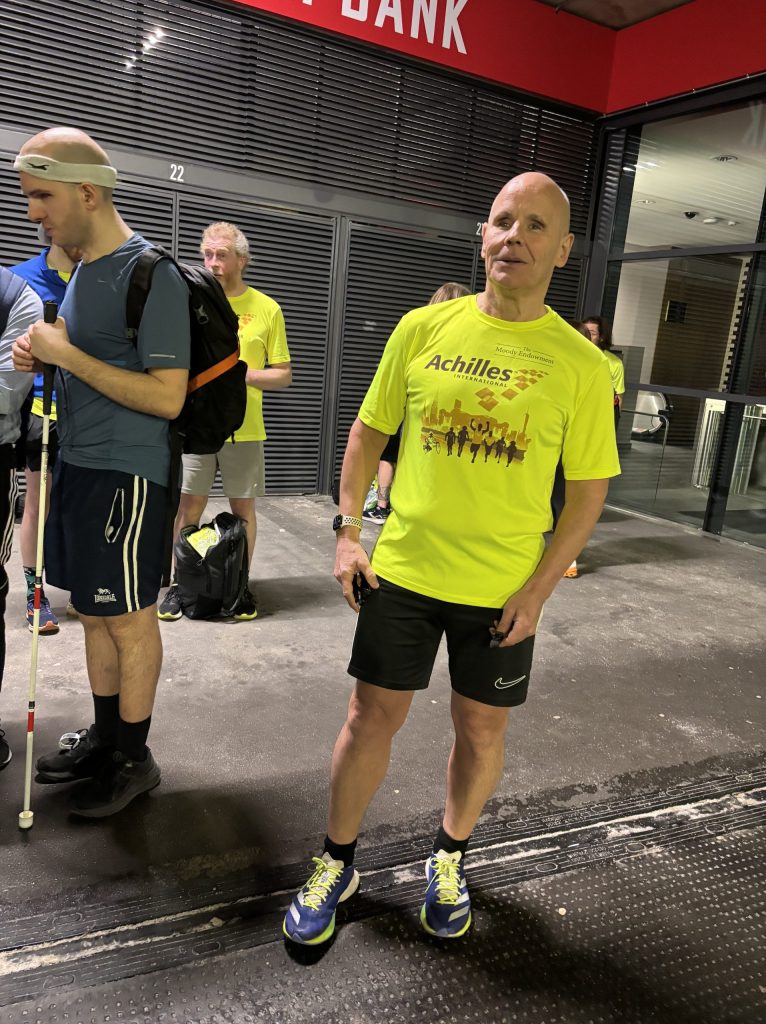
Blackabee was born with a visual impairment and fully lost his sight at 19 years old, but that, like many others with disabilities, hasn’t stopped him one bit.
A relative latecomer to running, taking up the hobby in his 40s during what he called a midlife crisis of eating and drinking too much, the 56-year-old now has multiple marathons under his belt.
Blackabee said: “I decided to set up the chapter here in London, mainly because I know how much running has given me, or the ability to run with guides has given me.
“I just knew that there must be other visually-impaired people out there, blind people out there, athletes with disabilities who have not had the opportunities that I’ve been afforded.
“I kind of wanted to give them the same opportunity.”
Mark Colby, a retired NHS counsellor, is a regular runner with Achilles and rarely misses the weekly sessions.
Introduced to the club by a friend, Colby, who is visually impaired, is the exact audience that Chris first started the club for.
He said: “The club makes me feel like I belong in a group that understands the difficulties of everyday life that I experience, and it’s about having fun.
“I feel free when I’m running.”
Achilles take full advantage of some of the best and most scenic running environments that London has to offer, with the Emirates being in rotation alongside Green Park and the Olympic Park in Stratford.
The run club is not just open to those with disabilities affecting their sight, but to all physical and mental impairments.
Blackabee said: “Anyone with a disability is more than welcome to come and join us, and we will make provisions to make sure that our locations will cater for every individual.”
For Blackabee, Colby and many others with slight loss, running clubs and participating in marathons would be impossible without a guide.
Volunteers like Simon Fitzmaurice step in as much-needed guides, and thoroughly enjoy being a part of this inclusive and welcoming community.
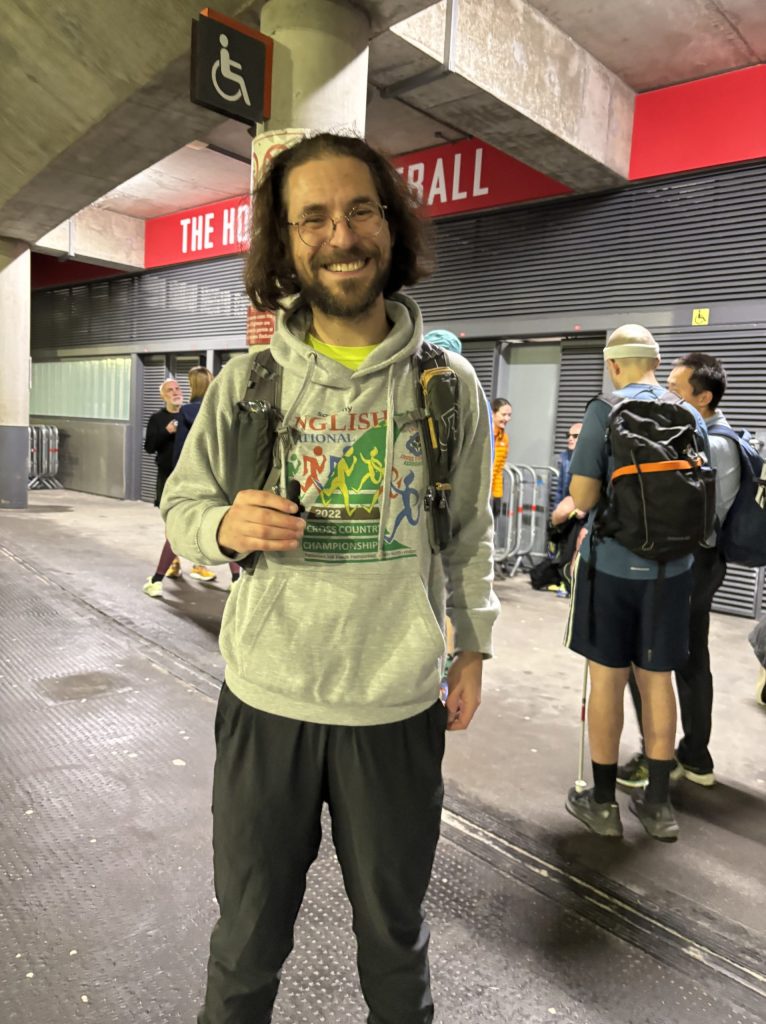
A role that requires constant communication as well as a decent fitness level, guides are always in contact with their runners, either being tethered at the wrist or through physical touch.
Topics of conversation during a short run or a more gruelling long-distance race can vary from general chat to specific instructions.
Fitzmaurice said: “In the early stages of the marathon, we’re just talking like we would do when we’re doing a training run.
“Later in the marathon, where it’s starting to get kind of sore, we’re just bringing it down into those key instructions, like, we’ve got a 90-degree right turn coming in, three, two, one.”
A hardened and experienced guide, Fitzmaurice has run two marathons assisting visually impaired runners, with camaraderie helping them power through the 26.2 miles.
He said: “We have highs and lows during the marathon, and that’s kind of unavoidable, but usually you can kind of talk your way out of a low.
“But the nice thing is, if you’re kind of running with someone, you might have someone there to actually help you with that kind of process and sort of get yourself out of a hard situation.”
The visually-impaired runners and their guides have to share the same level of determination and enthusiasm, as their run is not a solo effort.
Fitzmaurice said: “It makes you appreciate how when it is hard, you’re being relied on, and that just kind of makes it more important.
“I can’t drop out, because it’s not me I’m letting down, I could be letting down someone else, and that brings a lot more value to the race.
“But at the end of the day, it’s just running, it can mean so much more to my visually-impaired runner, and to me as a guide and making sure I do this efficiently.”
As Achilles London and International are charities, donations or running marathons on their behalf are welcome.
Feature image and photo credits: Tom Horn
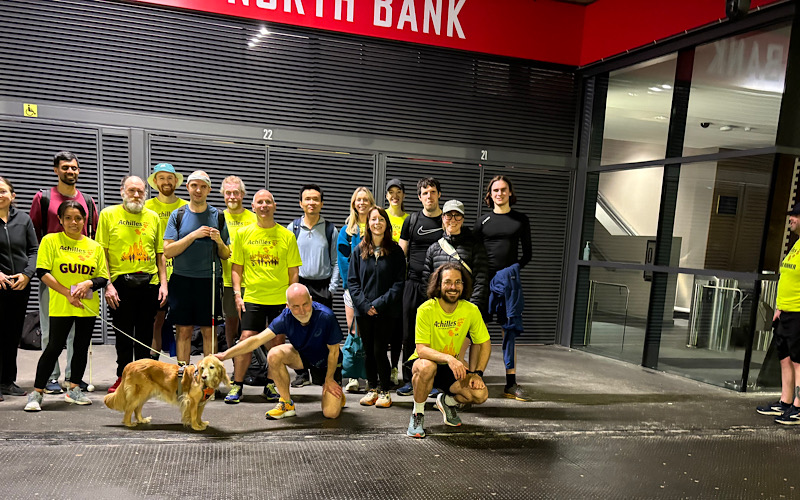
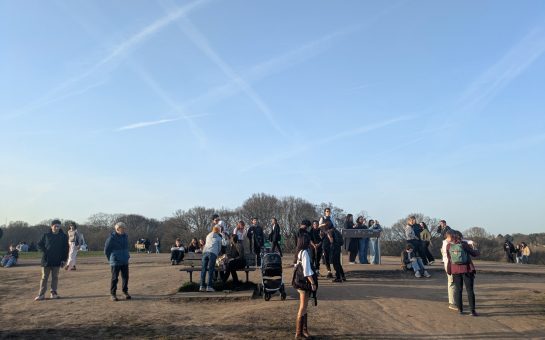

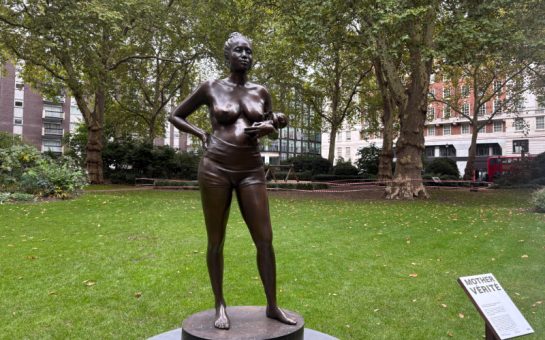

Join the discussion